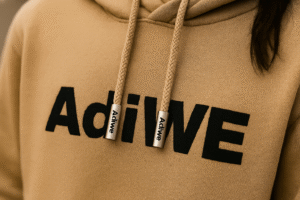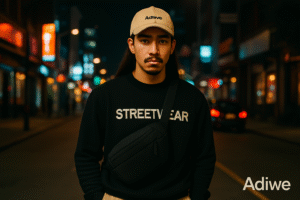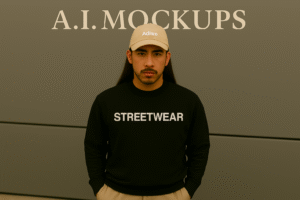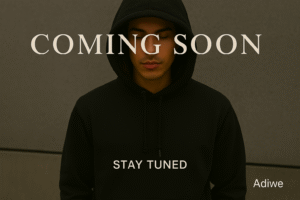Struggling to find a reliable Chinese manufacturer? Worried about quality, communication, or getting exactly what you designed? Finding the best partner requires knowing what to look for.
The "best" Chinese clothing manufacturer depends on your specific needs. Focus on factories specializing in your product type (like streetwear), offering high quality, strong customization capabilities, good communication, and proven reliability for exports.
Finding a supplier in China seems easy with so many options, but finding the right one takes effort. As the owner of Adiwe, a factory here in China, I work with brands worldwide and see what makes a partnership successful. Let's break down how to find your best fit.
Does the 'Largest' Textile Manufacturer Mean the Best Partner for Clothing Brands?
Thinking the biggest factory guarantees the best results? It's tempting, but size doesn't always equal suitability, especially for specialized clothing like trendy streetwear. Sometimes massive scale means less flexibility.
The largest textile manufacturer often focuses on raw materials (yarn, fabric), not finished garments. For clothing brands needing design execution, customization, and specific quality control, a specialized garment factory is usually a better fit.
!
It's important to understand the difference between textile production and garment manufacturing. While China has huge textile giants, they might not be the ones actually sewing your hoodies or t-shirts. My factory, Adiwe, focuses specifically on producing finished streetwear garments for B2B clients.
Textile vs. Garment Manufacturing: Key Differences
Understanding this distinction helps you search more effectively:
- Textile Manufacturers:
- Focus: Creating fabrics, yarns, and raw materials.
- Scale: Often enormous, supplying materials globally.
- Clientele: Typically garment factories, large brands buying bulk fabric, industrial users.
- Relevance to Brands: Indirectly important for material quality, but not usually your direct production partner unless you handle garment assembly elsewhere.
- Garment Manufacturers (like Adiwe):
- Focus: Cutting, sewing, finishing, and customizing apparel items (t-shirts, hoodies, etc.).
- Scale: Varies from small workshops to large factories with multiple lines (we have 5).
- Clientele: Clothing brands, wholesalers, retailers needing finished products.
- Relevance to Brands: This is who you partner with to turn designs into sellable clothing. They handle the craftsmanship, quality control for the final product, and specific customizations like logos and accessories.
For a brand like Fifty Fifty needing complex hoodie designs executed perfectly, partnering with a specialized garment factory that understands streetwear trends and quality is far more crucial than working with the largest textile producer. Focus your search on factories equipped for your specific end-product.
How Do I Find the Best Manufacturer in China?
Feeling lost navigating the huge Chinese manufacturing landscape? Unsure where to start looking or how to tell a good potential partner from a bad one? A systematic approach makes finding the best fit manageable.
Find the best manufacturer by using targeted searches on B2B platforms (Alibaba), attending tradeshows, using specific Google queries, and vetting factories based on specialization, quality systems, communication, and references.
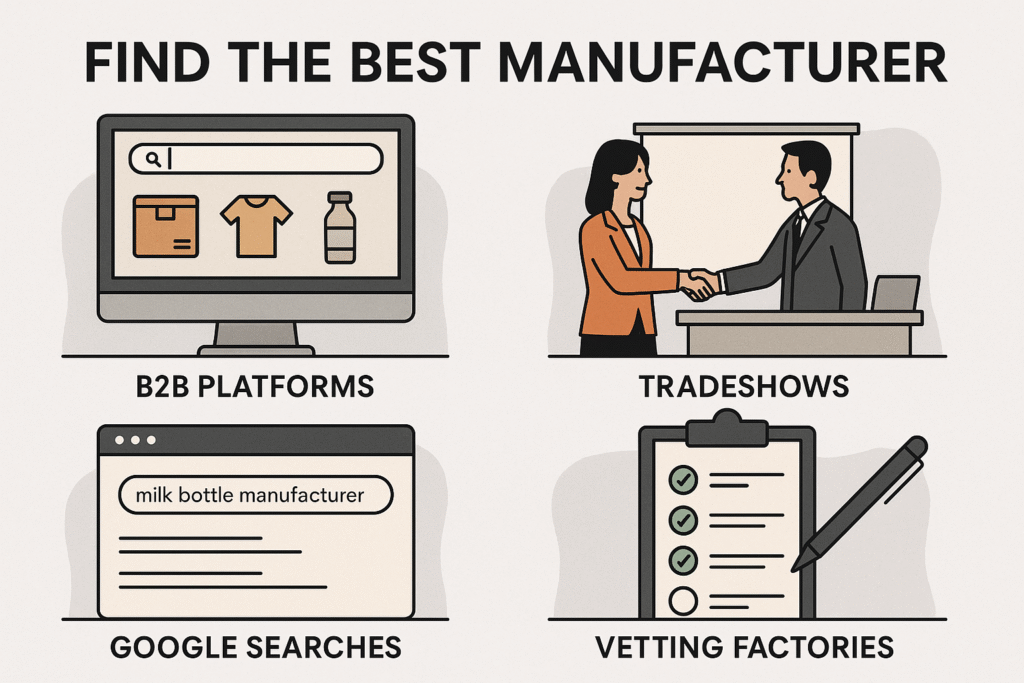
Finding the right partner involves research and due diligence. It's not just about price; it's about capability, reliability, and fit. As someone running a factory exporting to North America and Europe, I know what discerning clients look for.
Effective Search and Vetting Strategies
Here’s a practical guide:
- Define Your Needs Clearly: What products? (e.g., streetwear hoodies). What quality level? What customization? (Fabrics, logos, complex designs?). What order volume? Knowing this focuses your search.
- Utilize Sourcing Channels:
- Alibaba: Use specific filters. Look for Gold Suppliers, Assessed Suppliers. Check their main products, response rate, and transaction history. We use Alibaba to connect with clients.
- Tradeshows: (Canton Fair, regional shows) Meet face-to-face, see samples, assess professionalism. This is great for building relationships.
- Google: Use precise terms: "custom streetwear manufacturer China," "B2B hoodie factory Guangzhou," "high quality t-shirt wholesale China." Explore company websites (like www.adiwe.com).
- Initial Vetting - Create a Shortlist:
- Specialization: Do they make your type of product? Look at their product gallery.
- Factory vs. Trading Company: A factory often offers more control and potentially better pricing. Verify their status. (We are a factory).
- Export Experience: Do they export to your region (North America, UK, France)? This implies familiarity with standards and logistics.
- Deeper Vetting - Contact & Evaluate:
- Communication: How quickly and clearly do they respond? (Reach us at info@adiwe.com). Is their English proficient?
- Ask Detailed Questions: Inquire about MOQ (Minimum Order Quantity), lead times, quality control processes, materials sourcing, and handling complex designs (a pain point for clients like Fifty Fifty).
- Request Samples/Portfolio: Evaluate their quality firsthand.
- Virtual or In-Person Audit: If possible, arrange a factory tour (even virtually) to see their operations.
Finding the best manufacturer is about finding the right partner who understands your brand's vision and can reliably deliver quality products.
How Can You Navigate the Vast Number of Clothing Manufacturers in China?
Daunted by the sheer quantity of factories in China? Worried you'll pick the wrong one from thousands of choices? Focusing on key criteria helps you filter effectively and find a reliable partner.
Navigate the numerous Chinese manufacturers by focusing on specialization (your product type), verifiable quality standards, communication clarity, production capacity alignment, and proven experience with clients similar to your brand.
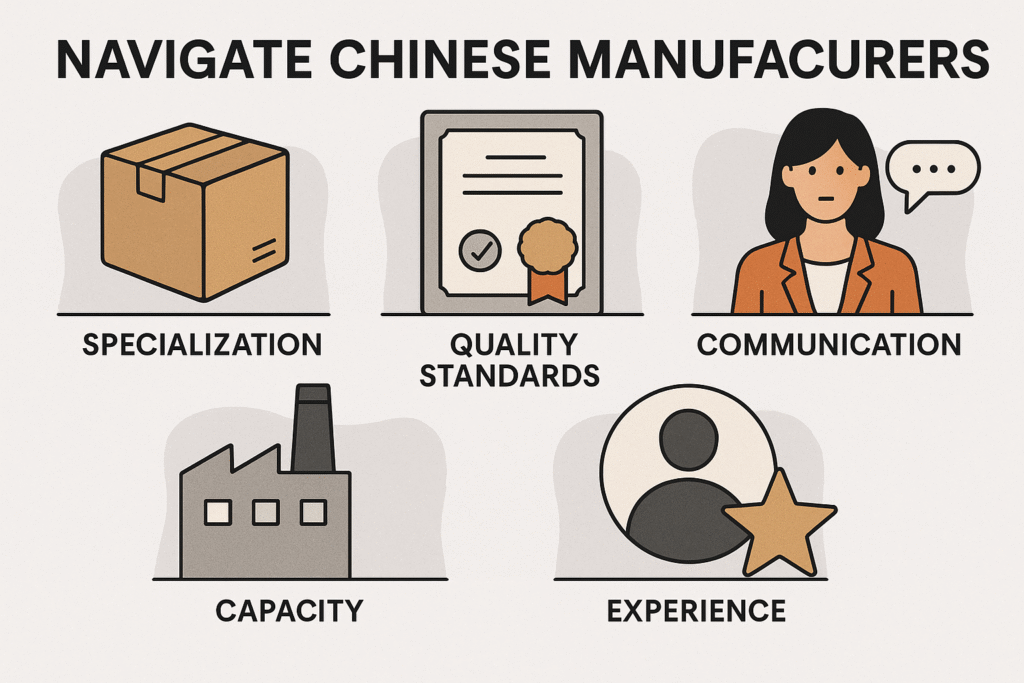
China's manufacturing sector is immense, estimates range widely but confirm hundreds of thousands of garment-related enterprises. Instead of being overwhelmed, use this scale to your advantage by being selective. The key is not the total number, but finding the one that fits your brand.
Filtering for the Right Fit
The number itself isn't as important as your method for narrowing down the options:
- Filter by Specialization: Don't approach a factory making formal wear if you need streetwear. Look for factories whose main products match yours (e.g., t-shirts, hoodies). Check their website or Alibaba profile. Our focus at Adiwe is streetwear.
- Filter by Quality Tier: Determine the quality level you need (basic, mid-range, premium). Look for evidence of this in their sample photos, client list, and descriptions. Ask about their QC process. We emphasize top quality for brands targeting Western markets.
- Filter by Business Model & Scale: Do you need B2B wholesale? Ensure they operate that way (we are B2B only). Does their production capacity (MOQ and maximum output) match your current and future needs? Our 5 lines offer flexibility.
- Filter by Target Market Experience: A factory regularly exporting to North America or Europe likely understands the quality expectations, compliance needs, and communication styles common in those markets. This reduces risk.
- Filter by Customization Capabilities: If your brand needs complex designs, specific fabrics, or unique logos (like Fifty Fifty's requirements), verify the factory explicitly offers and showcases this capability. This is a core strength for us.
| Filtering Criterion | Why It's Important | How to Assess |
|---|---|---|
| Specialization | Ensures expertise in your product category | Check main products, sample gallery, factory description |
| Quality Tier | Matches product value with brand positioning | Review samples, ask about QC, materials used |
| Business Model/Scale | Ensures operational compatibility (B2B, volume) | Check MOQ, factory size, B2B focus declarations |
| Target Market Exp. | Implies understanding of standards & logistics | Ask about main export countries, check client locations |
| Customization Ability | Critical for unique brand identity & complex designs | Ask for examples, discuss specific needs, review portfolio |
By applying these filters, you can effectively cut through the noise and identify a smaller pool of potentially suitable manufacturers for deeper evaluation.
Conclusion
Finding the best Chinese clothing manufacturer means focusing on quality, specialization, customization, and clear communication that matches your brand's specific requirements. Choose your partner carefully.

